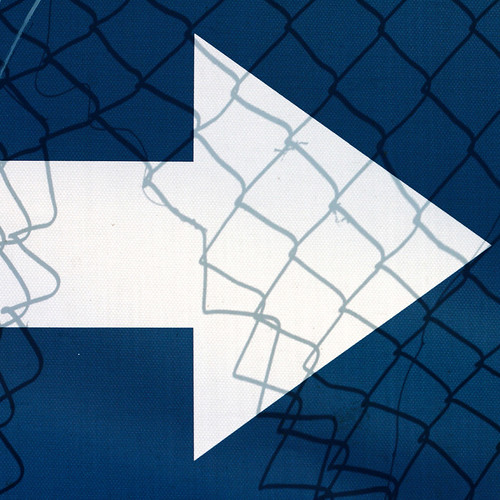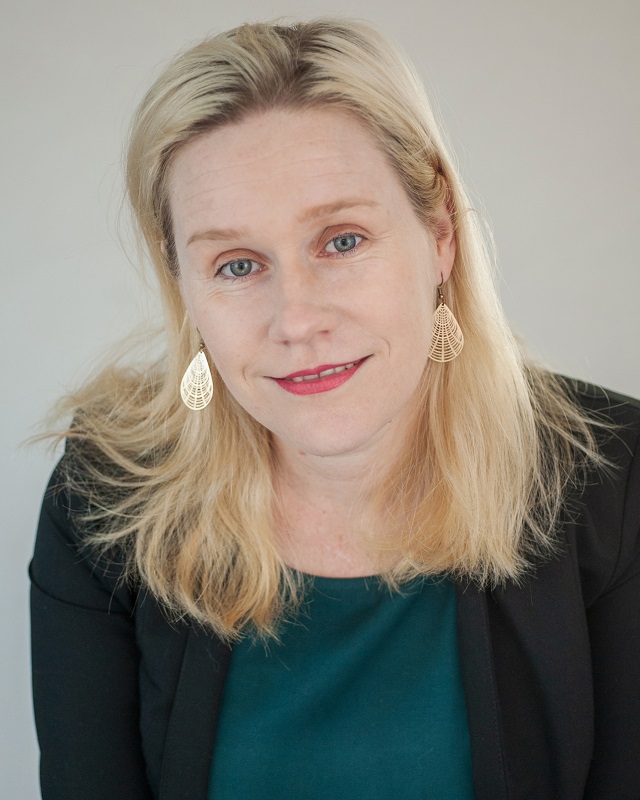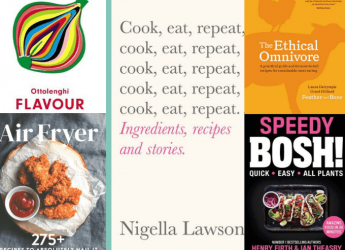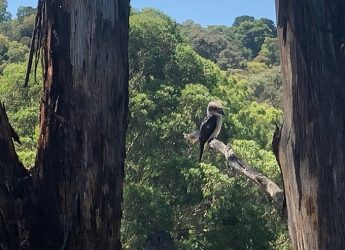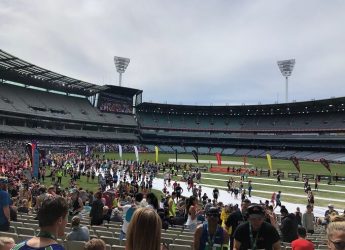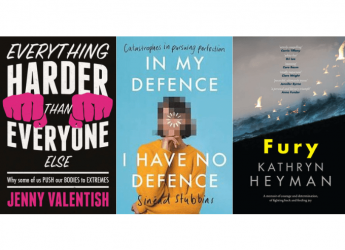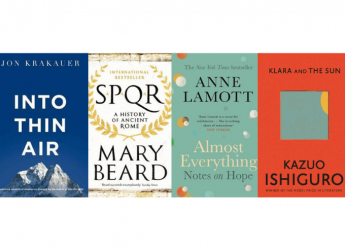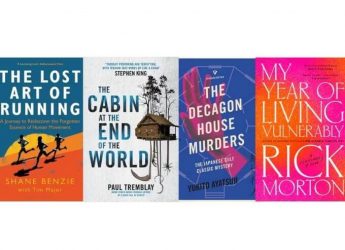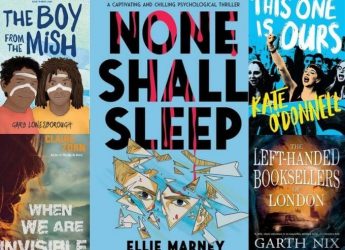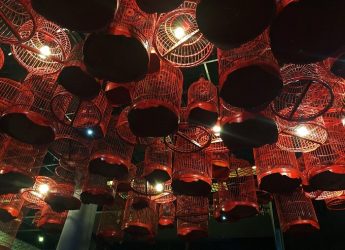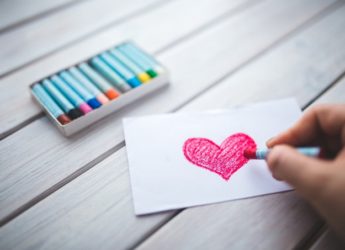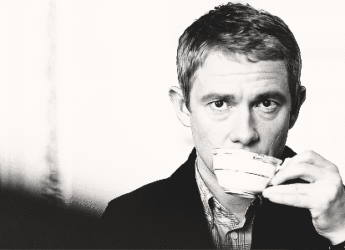I come home to work with an almost gleeful relief on the days Riley has preschool. I can usually tell if I’m feeling a little off or not after I kiss him goodbye and watch him skip off to join the circle of his other friends. If I linger, it’s purely on the chance I might get to see his face turn back for me: a reluctant, reproachful face. It never happens.
These are the days when I return home and I sit in front on the computer and I can already feel my heart rate increasing. I get up, walk around, clean mess up, make more of it, and stand in front of the refrigerator and spoon sugary substances into my face. It is usually at this point when I begin to wonder if he were alive if Freud would classify me as a hysteric?
The room spins, my head feels wrong, and because it is a lovely day I abandon my work and go out for a walk.
The sky is a speckled granita of cloud, thanks to a jet somewhere up in the atmosphere. A teenage boy rides past me on his bicycle, his aftershave wafting after him like a signature. At the library – for this is my destination, my hope of calming down, browsing the stacks in peace – there is the ticking down of the afternoon. The daily newspapers have been roughly handled; they lay strewn across the tables like an autopsy, disembowelled of their sections. I borrow Hugh Laurie’s new CD – he’s making music now, did you hear? – and walk outside again, but feel no better. My thoughts turn to what I’ve been avoiding thinking about all along.
Perhaps I need to return to the doctor again. Perhaps I need to go back on… something – what? I’m not sure. The Meniere’s is playing up, but there’s more, I can feel it, waiting. I feel I need to speak, but I’m not sure what there is to say: my mother went to my father’s grave on his birthday last week and poured a can of beer over his gravestone. How can one reply to that? Such is the solace of rituals I suppose – they are long past the need of rationale. They just are, and are done.
By this time, I am home again. The key opens the door. I enter, and come back to the computer.
My heart rate rises again. I shut it down.
I walk away.
If I don’t, I will be sick.
Later, Keira meets me in the car. She walks part of the journey alone after school, eager to assert some independence. I look up from the magazine I’m reading to see her jogging up to the car, her backpack bouncing in time with her step. She opens the door with a flurry of energy.
“I’m sorry I’m late!” she says, throwing her bag down, before launching into a story.
But it was that first sentence that struck me: it was one a friend might say, an adult, a peer. It sounded so grown up.
She gave me a funny look when I grabbed her hand and kissed the back of it.
“What’s that for?” she asked.
“You, all you,” I said.
Kids.
They saved me, I think.
